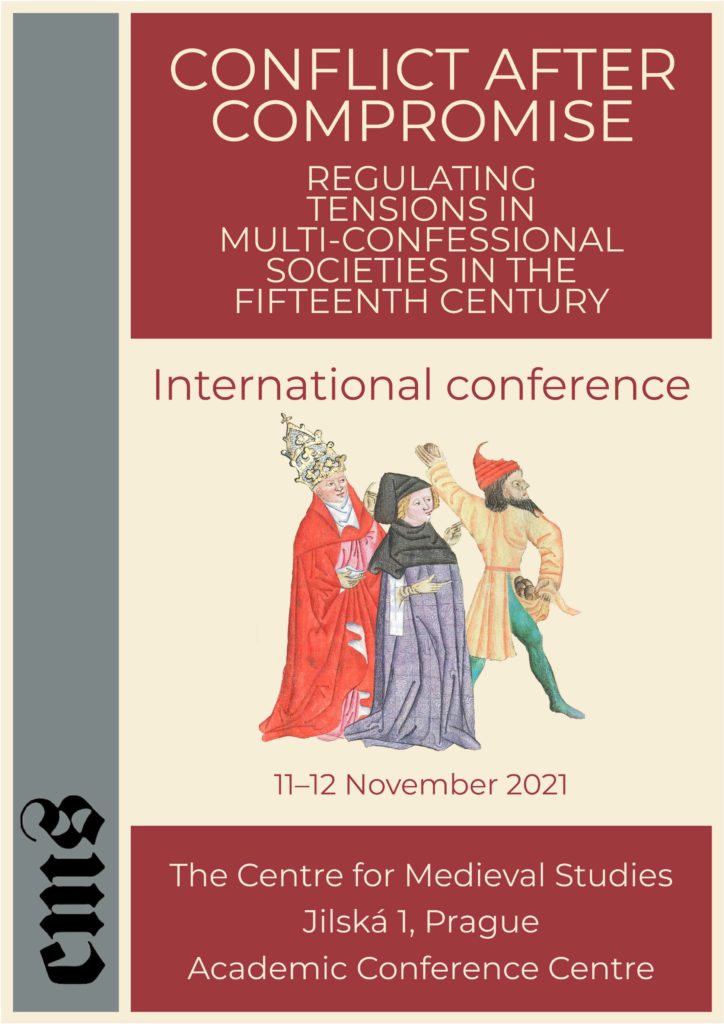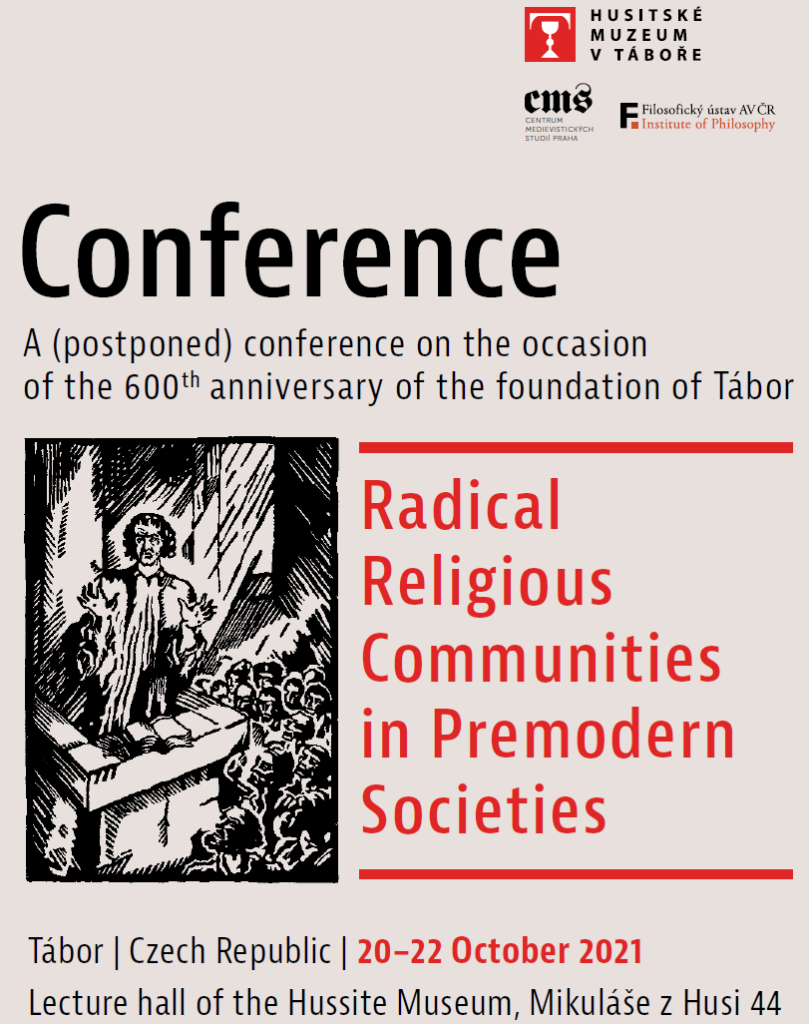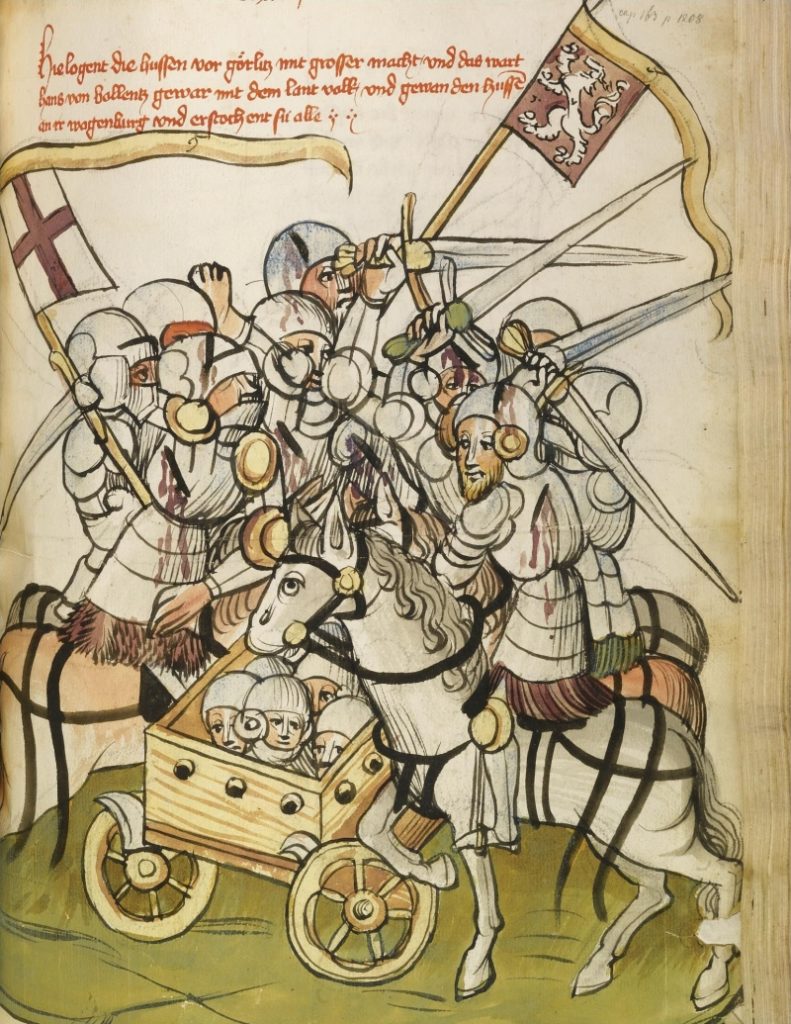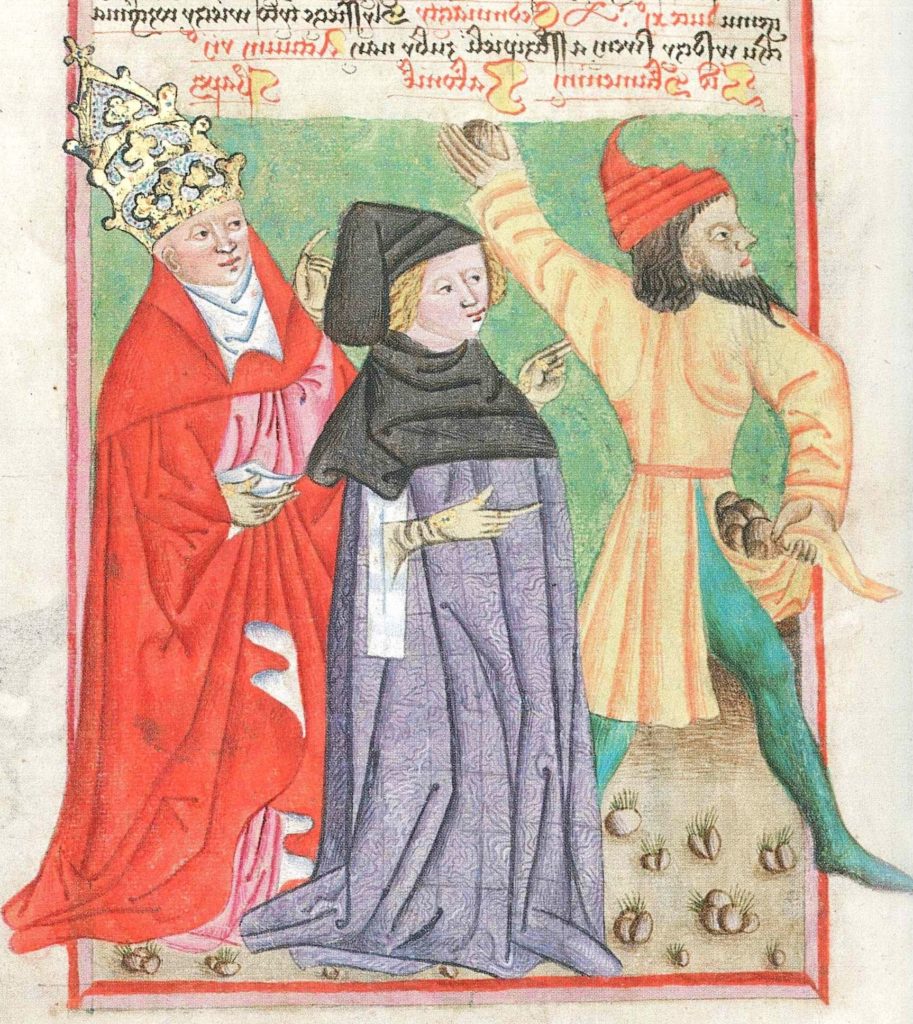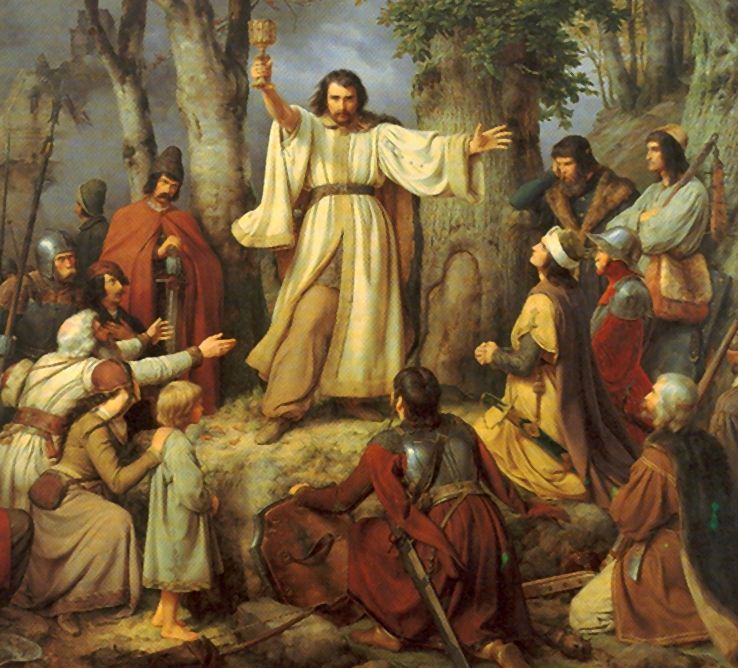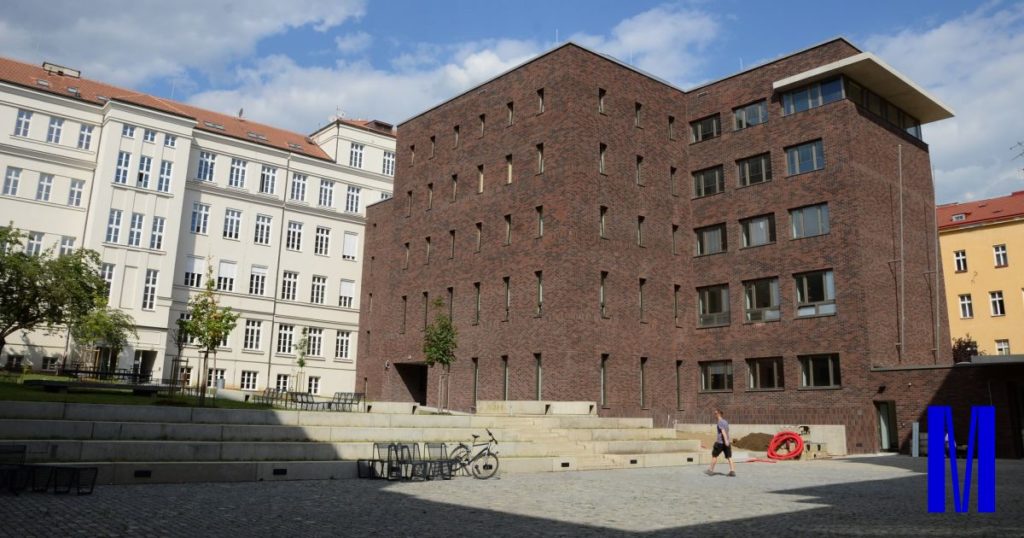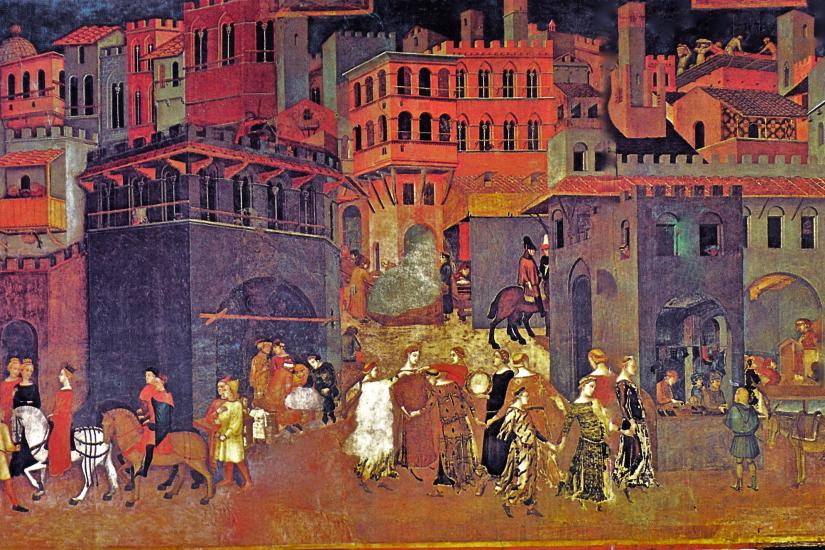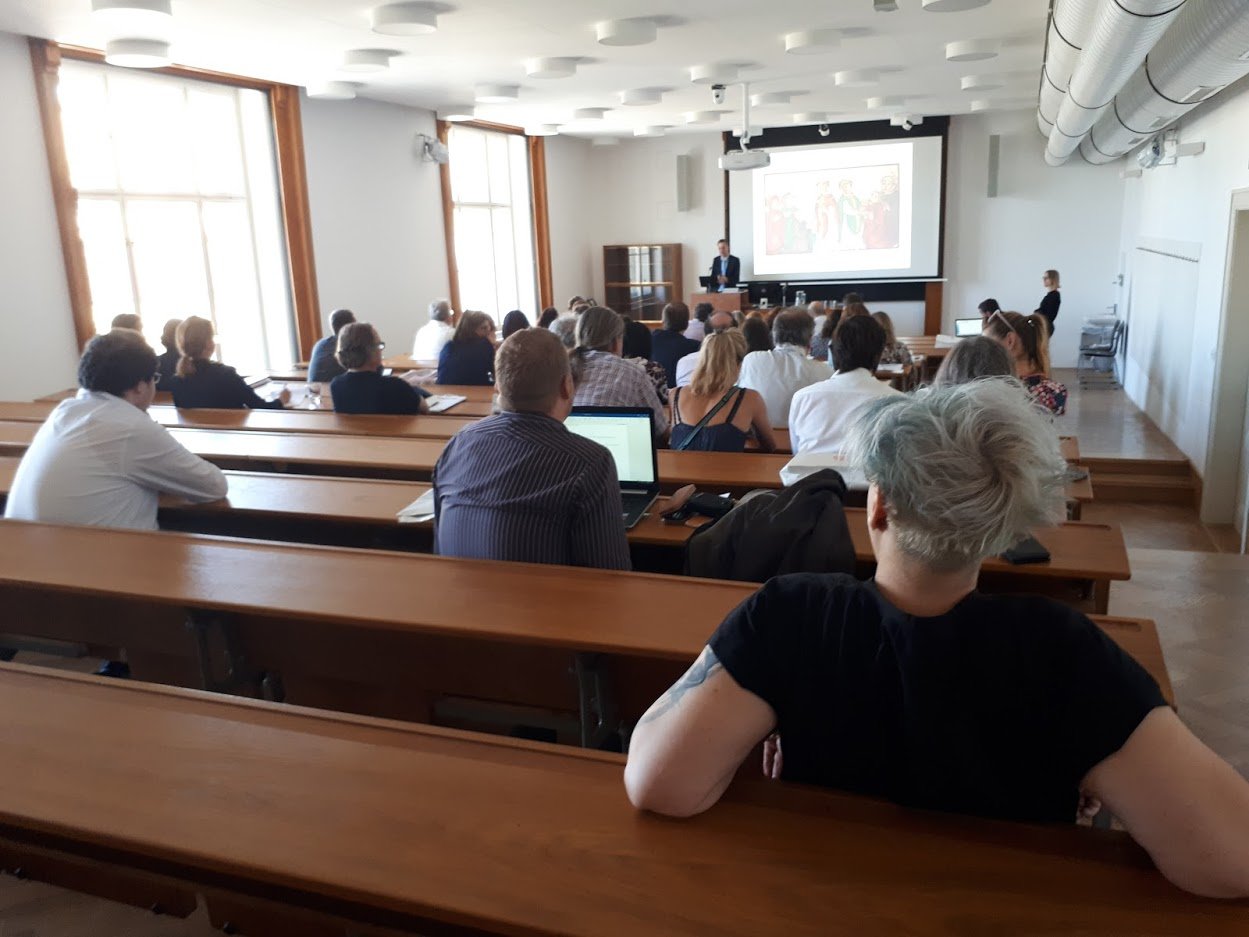The conference on the occasion of the 600th anniversary of the foundation of Tábor was postponed to 20-22 October 2021. We look forward to welcoming in Tábor eighteen speakers from three continents.
Founded in February 1420, Tábor is just one—albeit in many respects an exceptional—example of a radical religious community. Born from millenarian expectations, Tábor underwent swift development, from a sectarian revolutionary commune to a military-political power within Hussitism and a properly established medieval town. In other cases like Florence, Zürich, Münster, Prague, and many more, religious radicalism settled into the pre-existing social and political structures of municipal communities, while other radical groups pursued a clandestine or secluded existence. This conference will deal with the religiously motivated group formation from the fourteenth to sixteenth centuries, focusing on movements and ideologies such as (but not limited to) Waldensianism, Wycliffism, Hussitism, spiritual Franciscanism, the radical Reformation, and various other utopic and religiously-inspired visions.
Continue reading “Radical Religious Communities in Premodern Societies”
